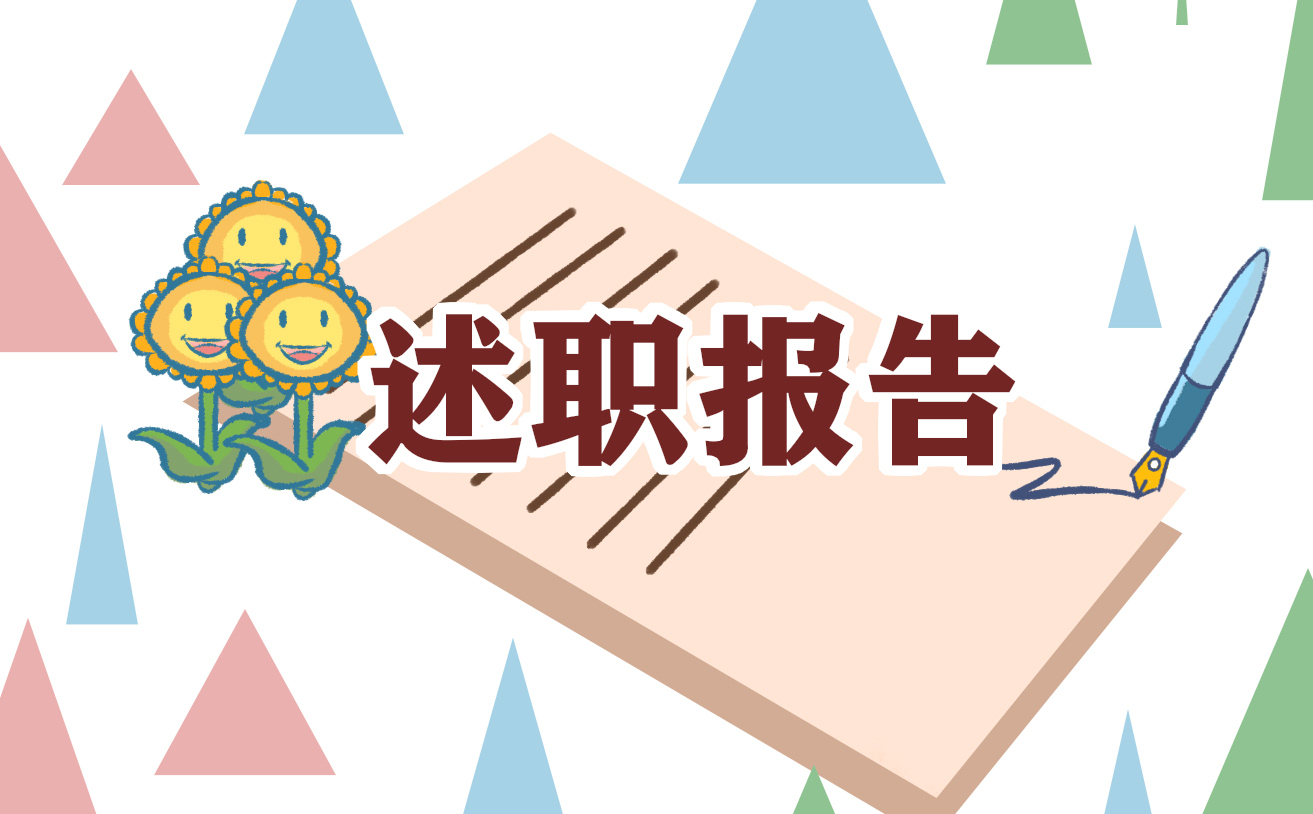英语定语从句课件趣味1 一、定义及相关术语 1.定语从句:修饰某一名词或代词的从句叫定语从句。定语从句一般紧跟在它所修饰的先行词之后。 2.先行词:被定语从句修饰的词叫先行词。 3.关系词:下面是小编为大家整理的2023年英语定语从句课件趣味,菁选3篇,供大家参考。

英语定语从句课件趣味1
一、定义及相关术语
1.定语从句:修饰某一名词或代词的从句叫定语从句。定语从句一般紧跟在它所修饰的先行词之后。
2.先行词:被定语从句修饰的词叫先行词。
3.关系词:引导定语从句的词叫关系词。
关系词有关系代词和关系副词。关系代词有that, which, who, whom, whose, as等;关系副词有when, where, why等。
关系词通常有下列三个作用:A、引导定语从句;B、代替先行词;C、在定语从句中担当一个成分。例如:
The man who is shaking hands with my father is a policeman.
该句中,who is shaking hands with my father 是定语从句,修饰先行词the man, “who”是引导定语从句的关系词,代替先行词the man,在定语从句中作主语。
二、定语从句的种类以及区别
定语从句分为限制性定语从句和非限制性定语从句,现将它们之间的用法及区别列表如下
限制性定语从句
非限制性定语从句
和先行词的关系密切(删去后,影响整个句子意义的表达)
和先行词的关系不密切(是一种补充说明,删去后不影响整个句子意义的表达)
不用逗号分开
一般使用逗号分开
可用关系代词that引导
不可用关系代词that引导
可以省略(that,who,which在从句中担当宾语时可以省略)
不可以省略
可以替代(whom作宾语时,可用who或that替代)
不能替代
只可以修饰先行词,不可以修饰主句或主句的一部分
修饰整个主句或主句的一部分,此时定语从句前有逗号分开,只能用which或as引导。
请看下面例句的不同含义:
限制性:她有两个当*的儿子。
She has two sons who are P.L.A.men.
(Maybe she has other sons who are not P.L.A.men.)
非限制性:她有两个儿子,他们都是*。
She has two sons,who are P.L.A.men.
(She has only two sons.They are both P.L.A.men.)
三、关系代词的用法区分
1.修饰物体时关系代词that和 which的区分
?只能使用that的情况:
(1)当先行词即有人又有物时。
eg. I won’t forget the things and the persons that I saw.
(2)当先行词被形容词最高级、序数词所修饰时。
eg. This is the first book that I bought myself.
The biggest bird that I caught is this bi...
英语定语从句课件趣味2
1. 形式上,非限制性定语从句往往用逗号隔开。
2. 语法上,非限制性定语从句一般不用that.
3. 语义上,限制性定语从句与先行词关系紧密,起限定作用,如果去掉了这个定语从句,整个句子就不完整或者会改变意思;而非限制性定语从句与先行词关系不是很紧密,对先行词起补充说明或描述的作用。
This is the book I like best. 这就是我最喜欢的那本书。
Beijing, which has been Chinas capital for more than 800 years , is rich in cultural and historic relics. 北京是*八百年之久的古都,它有着丰富的文化和历史遗产。
4. 翻译时,限制性定语从句可译为一句(较短的一般译为的字结构);而非限制性定语从句可译为两句。(见上句翻译)
比较: He has a sister, who is a musician.
He has a sister who is a musician.
引导非限制性定语从句的关系代词,指人时用who, whom, whose , 指物时用which , whose; 关系副词when,where, why, etc.
1. He studied hard at school when he was young, which leads to his success in his later life.
2. Toms father, who arrived just now, is a famous scientist.
3. They set up a separate state of their own, where they would be free to keep Negroes as slaves.
英语定语从句课件趣味3
引导定语从句的关系代词有:that(指人或物),which(指物),who (指人)。指人时可用that或who;指物时可用that或which;但有时只能用that,不能用which。
英语that定语从句常见的情况有下列五种:
1)当先行词是:all , any , anything , everything , nothing或被它们修饰时。例如:
Is thereanythingthat I can do for you?
有什么可以为你做的吗?
Allthat can be done must be done.
凡是能做的都必须做。
2)当先行词被形容词的最高级或序数词修饰时。例如:
That is one ofthe most interestingbooks that are sold in the bookshop.
那是这家书店出售的最有趣的书之一。
The firstthing that we should do is to get some food.
我们该做的第一件事是弄点吃的。
3)当先行词有:the only , the very , the same , the last等修饰时。例如:
My necklace is notthe onlything that"s missing.
我的项链不仅是丢掉的东西。
4)当主句以who或which开头时,定语从句中引导词用that ,不用which或who。例如:
Who is the girlthat is wearing a red coat?
正穿一件红色外套的女孩子是谁?
5)当先行词既有人又有物时,用that。例如:
The writer and his novelthat you have just talked about are really well known.
你刚才谈起的那位作家以及他的小说确实很著名。
解剖:要搞清这个问题,我们首先要明白这样一个规定:which用来指代具体的,特定的物,或者说明晰的物,而who用来指具体的人,特定的人,或者说明晰的人。那么上帝当初把that创造出来,还有一个目的",就是要用它来指代非特定的,非具体的,非同一的,模糊的,泛指的人或物,或人和物的混合。还有一个问题是,上帝创造英语时,同样也要考虑到的。那就是,英语作为这个物质世界的一个存在,如同人类这个物质存在一样,也要讲究美,没有理由的“重复”肯定不是美的(当然也会讲究简洁等,所认我们学英语一定要把“英语”当作“人”一样来对待,因为在上帝眼中,英语与人同样是他的子民。哈哈,题外话说得太多了,这个大问题留待以后再讲)。
一、1---3种情况所表示人或物均不是特定的,即是泛指的,所以只能用that.
二、第4种情况,如果用who或which会导致从复。
三、第5种情况,先行词里既有人又有物,如果用who,完成了指人,但是把物漏掉了,反之亦然,这显然不行,所以那就只能用that了。
只能用that的几种情况:
1. 当先行词为all, much, little, none及由any, every, some, no所构成的复合不定代词时。
如:We should do all that is useful to the people. 我们应该做一切有益于人民的事情。
Please tell me anything that you know about the matter. 有关此事,凡是你所知道的请告诉我。
2. 当先行词被any, few, little, no, all, much, some等词修饰时。
如:You can take any seat that is free. 任何空着的座位你都可以坐。
There is little work that is fit for you. 几乎没有适合你的工作。
3. 当先行词为序数词或被序数词所修饰时。
如:When people talk about the cities of China, the first that comes to my mind is Beijing. 人们谈论起*的城市的时候,我首先 想到的是北京。
This is the fourth film that has been shown in our school this term. 这是我们校本学期放映的第四部电影。
4. 当先行词为形容词最高级或被形容词最高级修饰时。
如:The best that I could do was to apologize. 我唯一能做的就是赔礼道歉了。
This is the most interesting story book that I have ever read. 这是我读过的一本最有趣的故事书。
5. 当先行词被the very, the only, the last, the just, the same等修饰时。
如: This is the very book that I"m looking for. 这正是我在找的书。
The only thing that we could do was to wait. 我们唯一能做的事就是等待。
注意:先行词被the same修饰时,关系代词也可用as。
如:I need the same book that / as you have. 我需要有你一样的书。
6. 当先行词既包含人又包含物时。
如: They are talking of the *es and their deeds that interest them. 他们正在谈论他们感兴趣的女英雄及她们的事迹。
7. 当先行词是疑问代词who,which,what或主句以这些词开头时。
如:Who that has ever worked together with him doesn"t admire him? 曾经和他一起工作过的谁不钦佩他?
Which is the star that is nearer to the earth? 哪个是离地球比较近的星星?
8. 当先行词为主句表语或关系代词为从句表语时。
如:That"s a good book that will help you a lot. 那是本对你很有帮助的书。
Our school is no longer the place that it used to be. 我们的学校现在已不是过去的那个样子了。
9. 先行词为time时,当time表示次数,引导词用that, 可省略。 当表示时间,可用that或when引导,都可省略。
如:I do remember the first time(that) I had ever heard the sweetest voice in the world.我很清楚地记得当我第一次听到世界上最美的声音的时候。
I did"t remember the exact time (when/that) I arrived in Shanghai last month. 我不记得上个月到达上海的确切时间了。
